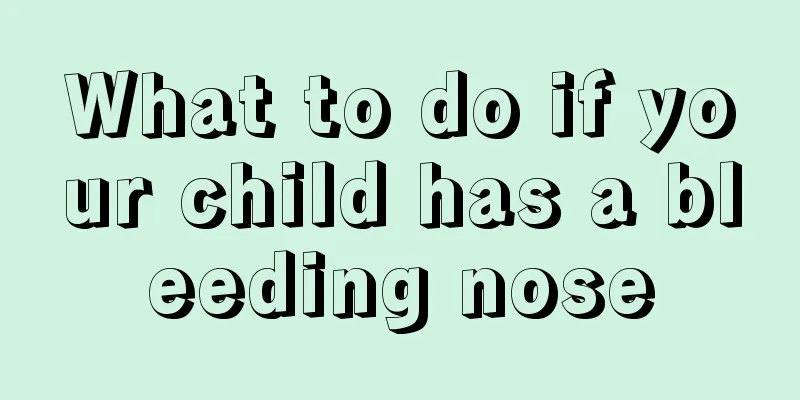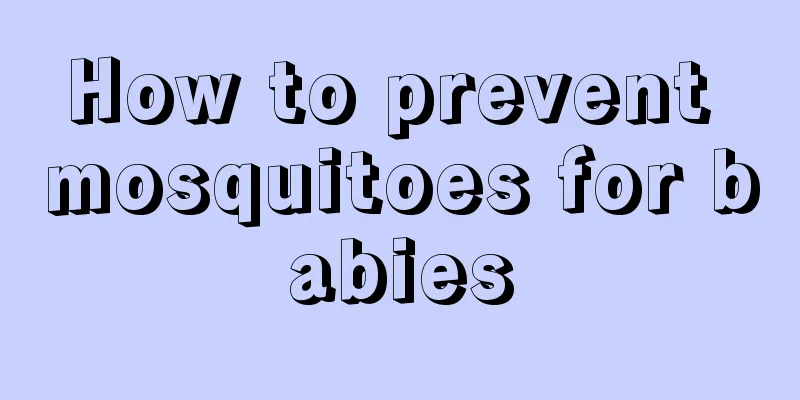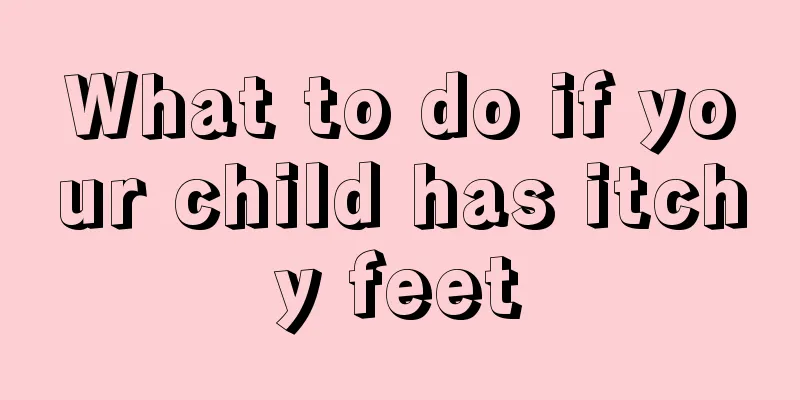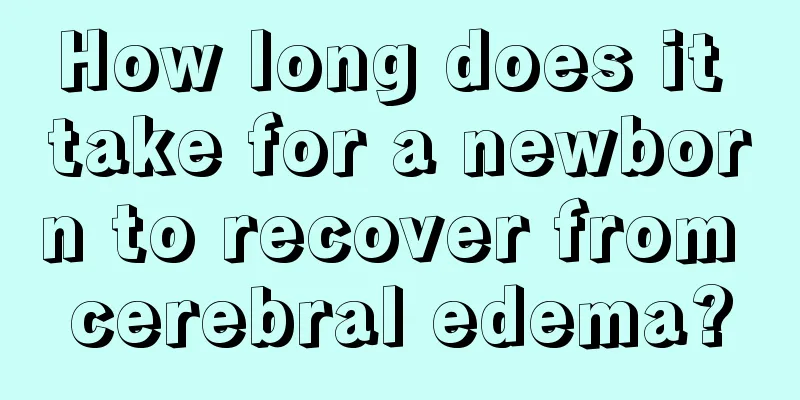What to do if your child has a bleeding nose

|
Children are the hope of every family, and the health of children is also of great concern to many parents. Some children are weak and often have nosebleeds. Some parents think that it is caused by getting angry and drinking more water will be fine. So what should we do? Let's take a look at what to do if a child has a nosebleed. Nosebleeds in children are an emergency and should be stopped promptly if they occur. A simple method is to plug the bleeding nostril with a sterilized cotton ball or pinch both nostrils with your thumb and index finger; you can also press the nostril on the affected side with your index finger for 5-10 minutes to stop the bleeding. At this time, you should try to keep your child quiet and avoid crying. It is best to let the child sit with his head slightly tilted forward, and try to spit out the blood swallowed from the nasopharynx into the mouth. This will not only let you know the amount of bleeding but also avoid swallowing the nosebleed into the stomach, which will irritate the stomach and cause abdominal pain and vomiting. If the amount of bleeding is large and there are precursor symptoms of hemorrhagic shock such as pale complexion, sweating, rapid heart rate, and poor spirits, the patient should be placed in a semi-recumbent position and sent to the hospital for treatment as soon as possible. When treating in the hospital, the doctor will give appropriate treatment based on the location of the nose and the amount of blood. Nosebleeds in children often occur in the "Li's area" in the front third of the nasal septum, which is rich in blood vessels. If bleeding occurs repeatedly, local treatment with freezing, microwaves and chemical drugs can be used. For smaller amounts of nosebleeds, you can also use nasal drops containing 1% ephedrine to stop the bleeding by constricting the blood vessels. It should be emphasized that the treatment of nosebleeds should start with the cause. If the nosebleed is caused by various rhinitis, the rhinitis should be treated first; if the nosebleed is caused by trauma or foreign body in the nose, the trauma should be treated and the foreign body should be removed; if the nosebleed is caused by a whole blood disease, such as scarlet fever, upper respiratory tract infection and blood disease, including leukemia, hemophilia, thrombocytopenic purpura, etc., then these diseases should be treated. What should I do if my child has a bleeding nose? The above tells you how to relieve children's nosebleeds. You can use the above hemostasis methods to relieve bleeding. If nosebleeds occur for a long time, you must go to the hospital in time for targeted treatment, and also see if it is caused by a disease. |
<<: When is the feeding time for newborn baby?
>>: What to do with children's lymph nodes
Recommend
What are the drugs that can enhance children's immunity?
Immunity is very important for children. If a chi...
The child always complains of dizziness
If our blood sugar is low, we will often experien...
There is secretion on the baby's underwear
When taking care of a female baby, parents must p...
7 dietary tips to help your child grow taller
In order to make children grow taller, in additio...
Can children eat before taking sugar pills?
When you go to the health center for a vaccinatio...
Lymph nodes behind the ears
Nowadays, many parents are more concerned about t...
Treatment of gastroesophageal reflux in 7-month-old babies
In the process of growing up, babies are actually...
What is the most effective treatment for nasal congestion in children?
Children's resistance is usually weak, so whe...
alert! Children who eat too much sweets may develop myopia
Will children become myopic by eating sweets? Wil...
What kind of lighting is good for children's eyes?
Nowadays, we find that more and more children are...
What should I do if my baby has poor digestion?
Babies' gastrointestinal abilities are genera...
What should I do if my baby only drinks milk from one side?
Babies are quite dependent on breast milk, which ...
What to do if your child has recurrent bronchial pneumonia
Bronchopneumonia is a relatively common respirato...
Is it good for children to drink honey water on an empty stomach?
We all know that honey is a very good food. It ca...
How to quickly stop coughing in children
When children are sick, parents will be very nerv...









